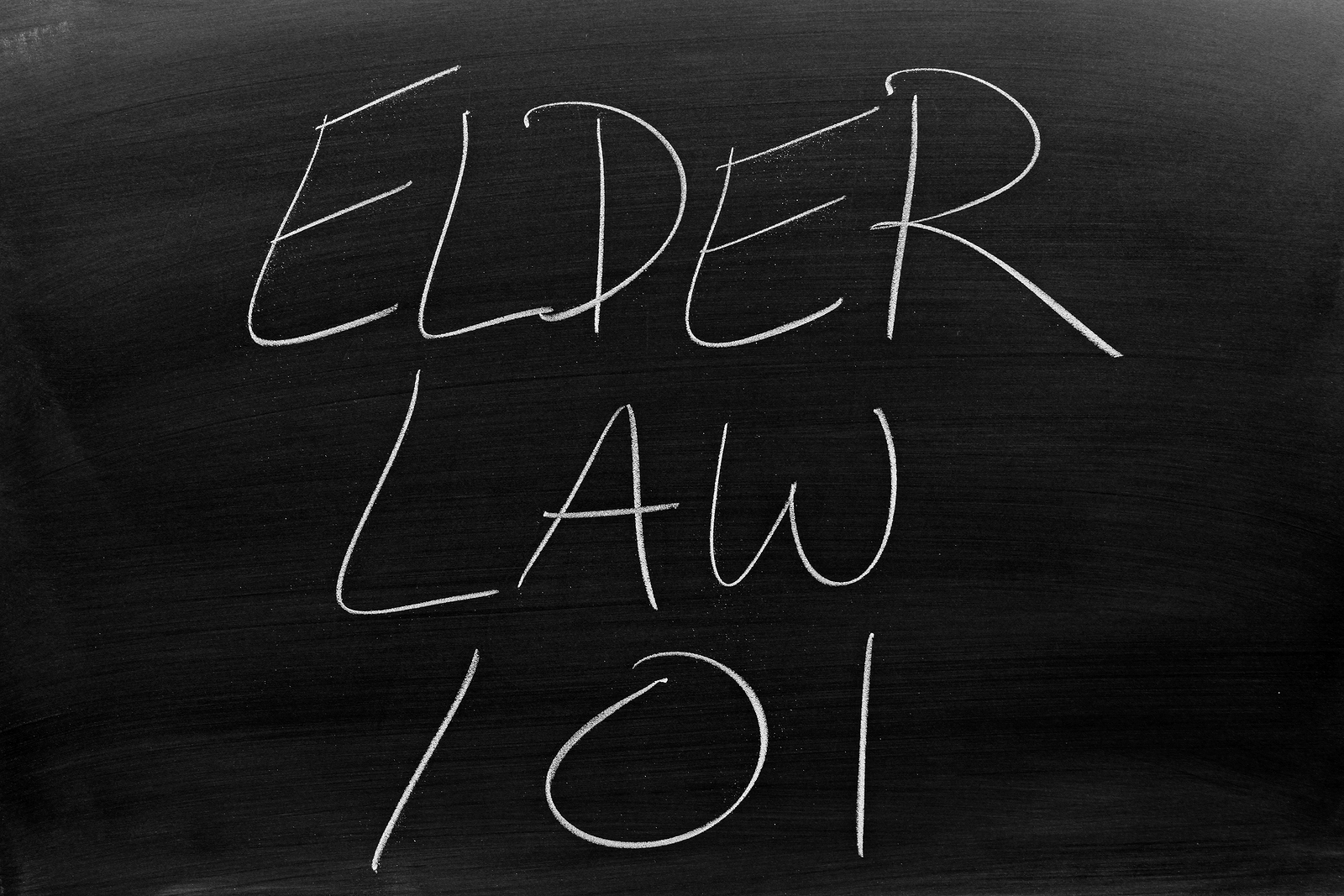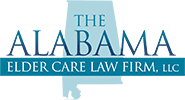
Elder law is a special brand of law focused on the rights and protections of older adults. Some of the areas covered by this type of legal service are:
Wills
A will is a legal document that ensures items you want to go to your friends and family are distributed as you wish. You might want your home to go to your best friend and not your children. With a will, you’re ensured this happens.
If you pass away without a will in place, your assets are distributed by the courts. Typically, they go to your spouse, your children, your grandchildren, your parents, your siblings and half-siblings, your siblings’ children, etc. But, this can vary by state.
What you should keep in mind is that without a will, your step-children may not get anything. If you were separated from your spouse but not divorced, your spouse could get everything.
Public Benefits
If you’re applying for public benefits, such as Medicaid, there are a lot of rules to follow. It’s often hard to navigate this without the assistance of an expert. Elder law can help with these applications and other benefits you might qualify for due to things like military service.
Probate Law
When you die, you may have a will, but your estate may need to go into probate, and that takes a representative acting for you. During probate, your executor makes sure all of your debt is paid off and then takes a fee for the service he or she has provided. The assets that are left are distributed as directed by the will. It’s important to have an executor set up to handle all of your final affairs and burial or cremation.
Powers of Attorney
These are medical and financial power of attorney designations that protect you from having doctors or government agencies make decisions on your behalf. If you cannot speak for yourself following a car accident, stroke, or heart attack, a power of attorney can act on your behalf and make decisions for you.
An attorney can guide you through the different options. A durable power of attorney is valid until your death, which is important if you have a condition like Alzheimer’s disease where you become incapacitated. A general power of attorney ends when you become disabled.
Estate Planning
Estate planning is the process of gathering your assets, figuring out how you would want them distributed, setting up trusts to ensure any tax considerations are met, and drafting a will, powers of attorney designations, and advance directives.
Asset Protection
Asset protection is a legal measure used to protect a person’s assets from liens or lawsuits. It can also help prevent the occurrence of substantial tax bills on any increased value of assets that are inherited after death.
When you need advice from an elder law attorney, don’t hesitate to reach out. Ask for a consultation to discuss what’s needed and get expert advice that ensures a will, power of attorney, or asset protection plan is prepared correctly.
It might seem easier to use DIY forms you find online, but some states will not accept them as legally binding forms. The last thing that you want is the stress of knowing that a power of attorney won’t be accepted or a will is being contested. Work with an elder law practice to ensure everything is legally binding.
